Challenges in Qualitative Research Design for Small Businesses
VerifiedAdded on 2023/04/22
|5
|783
|60
Homework Assignment
AI Summary
This assignment presents a qualitative research design focused on the challenges small businesses encounter when seeking financial assistance from banks. The study employs a qualitative methodology, specifically individual interviews, to gather in-depth insights. The grounded theory approach is utilized to analyze the data, allowing for the development of a theory related to the research issue. The non-probability sampling method, with convenience sampling, is selected to collect data from participants based on various criteria. The assignment contrasts the planning differences between qualitative and quantitative research methods, highlighting the cost-effectiveness and theoretical data generation advantages of the qualitative approach. The paper references key sources like Saunders, Lewis, & Thornhill (2012), Collis & Hussey (2013), Fay (2011), and Mishra, Gupta, & Bhatnagar (2014) to support the research design and methodological choices. The student's work is designed to address the specific assignment brief focusing on the University of Liverpool's KMGT 672 Research Methods module, Week 6, and the challenges faced by small businesses in obtaining financial assistance from banks.
1 out of 5
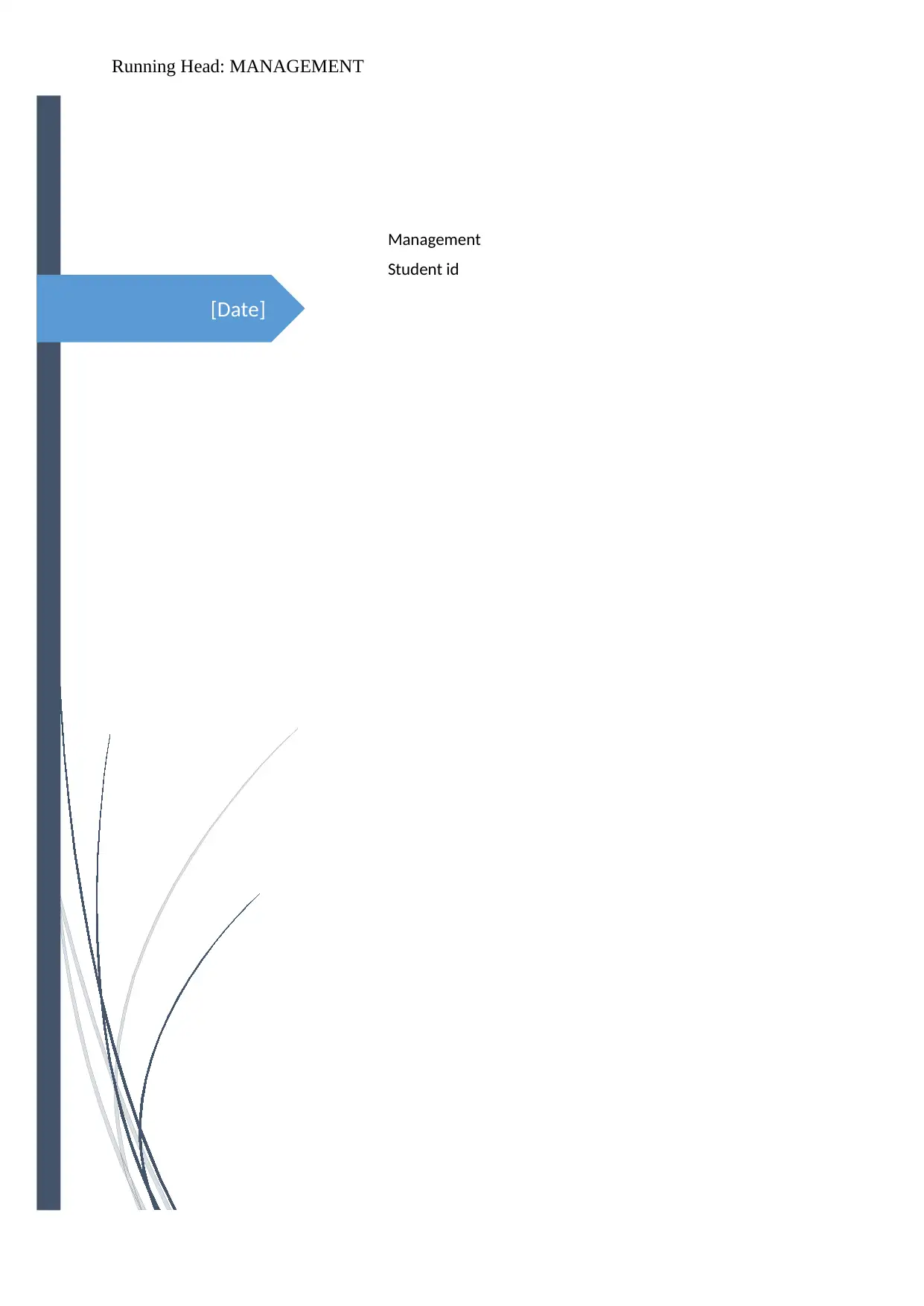
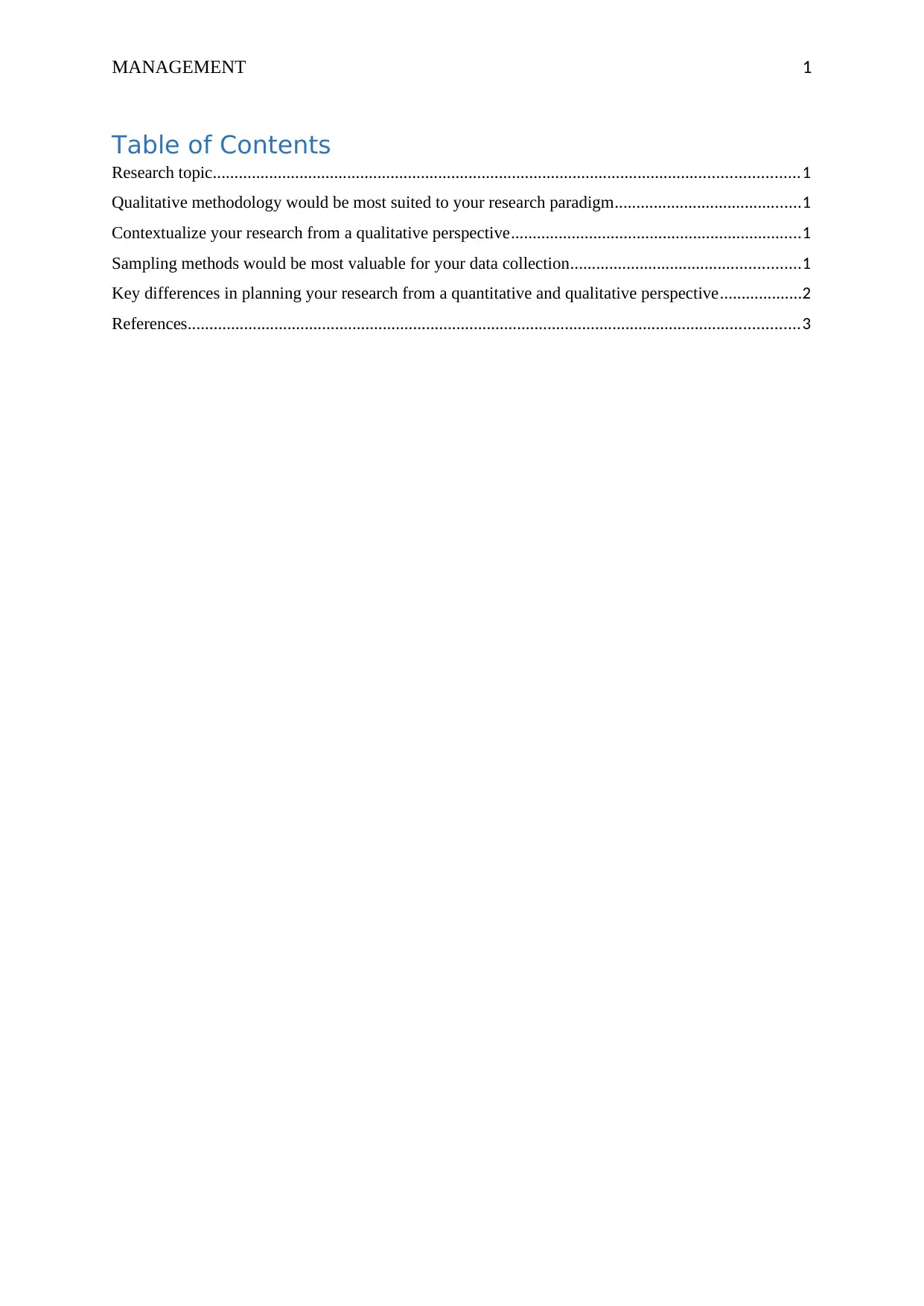
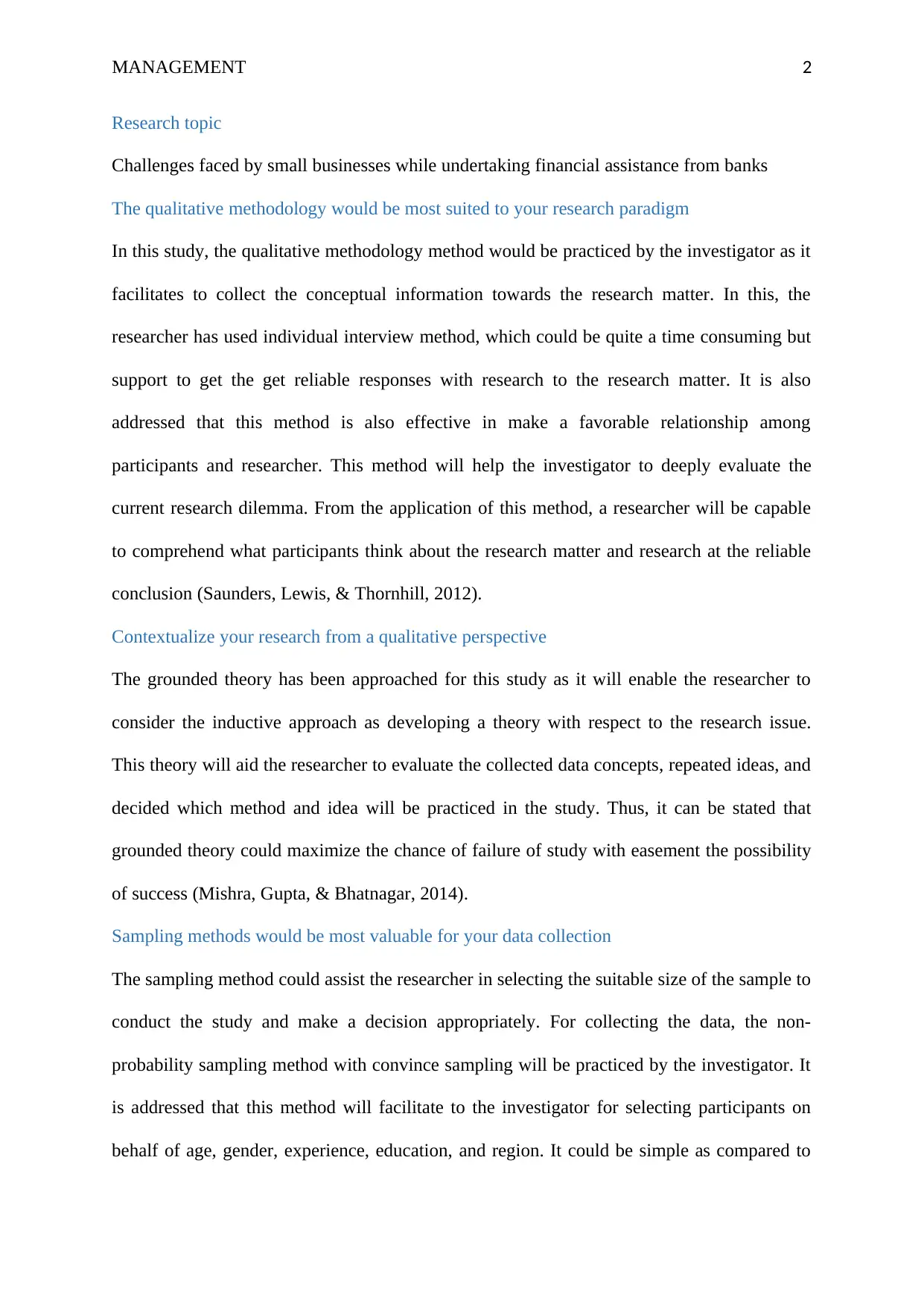

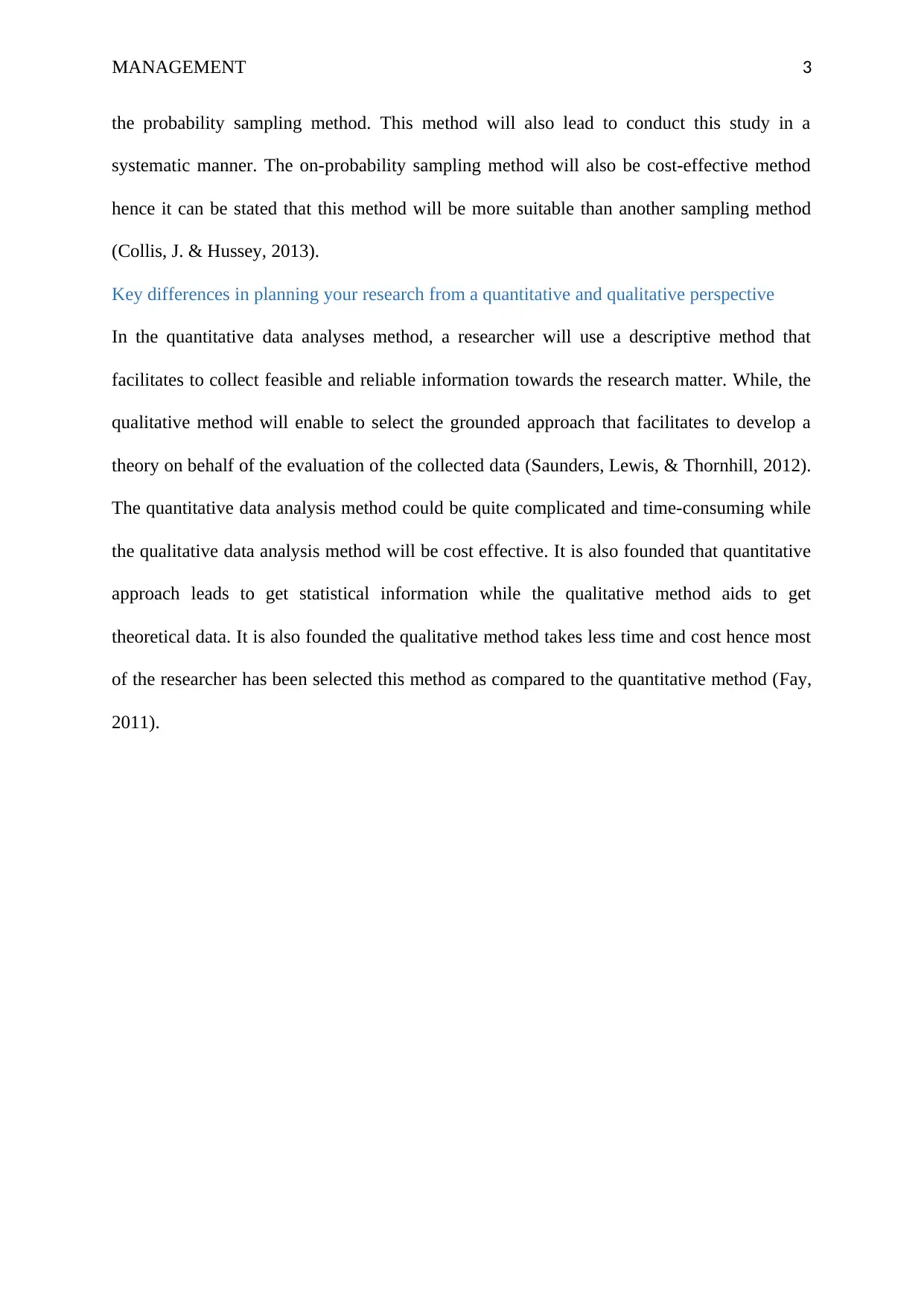
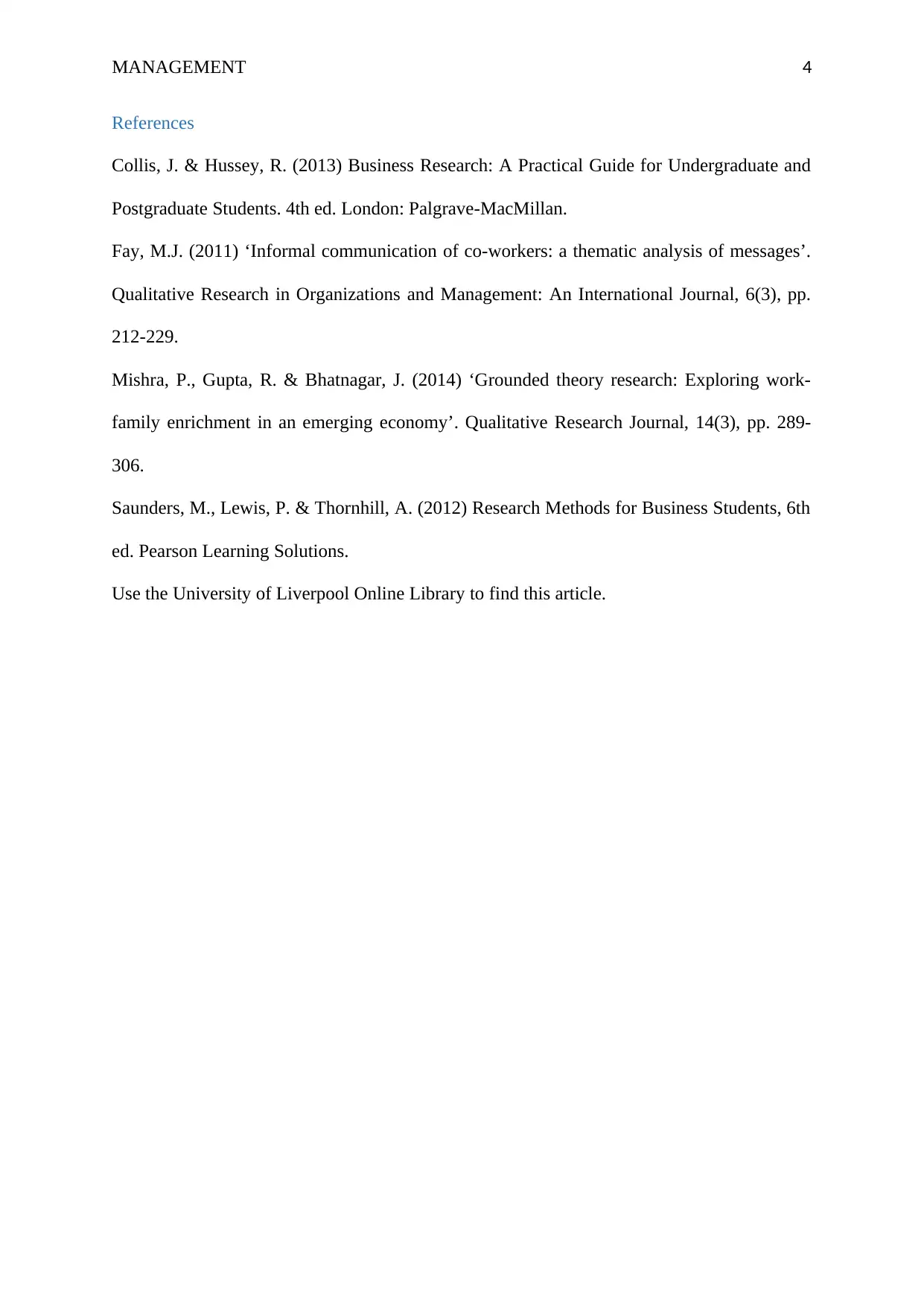





![[object Object]](/_next/static/media/star-bottom.7253800d.svg)